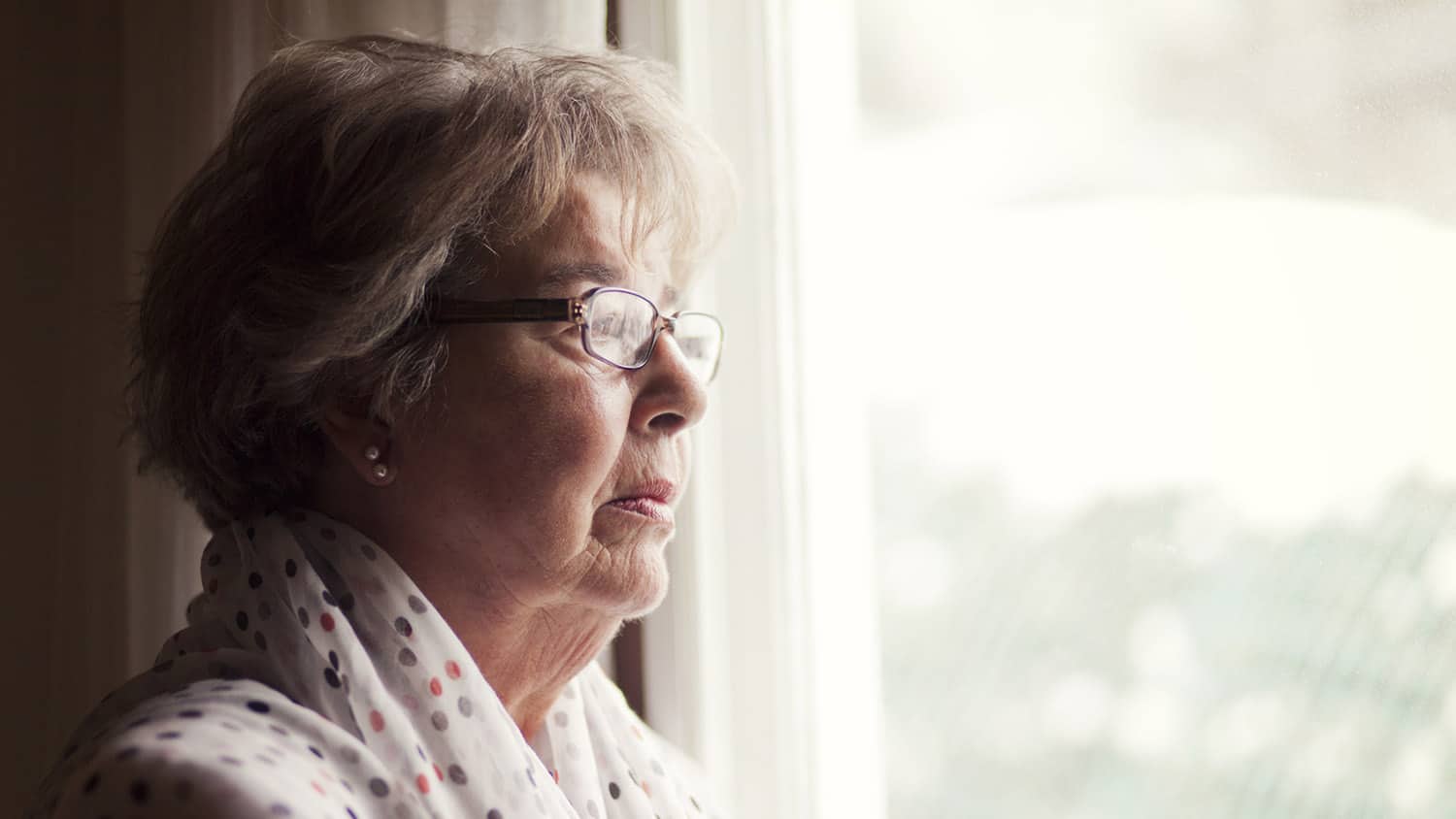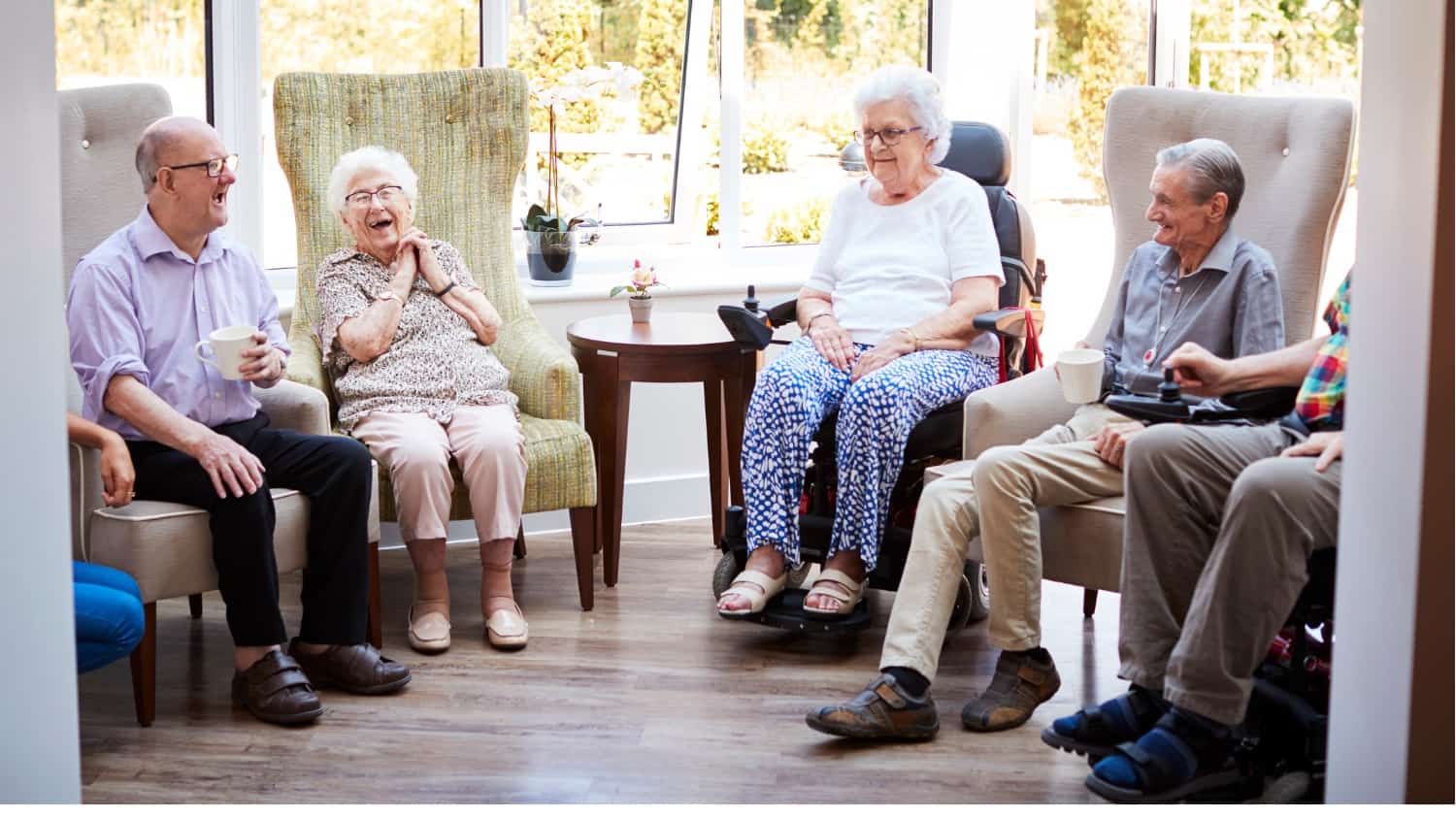
Are Our Expectations About Assisted Living Out of Whack with Reality?
Let’s be honest. Very few of us like the idea of living in an assisted living facility.
Setting aside the small imperfections of everyday life, we love our homes. They are comfortable, familiar and close to the entertainment options that we enjoy.
Whether we are in our 60s, 70s or beyond, we also want to maintain our sense of independence. After all, we’ve done a pretty good job of looking after ourselves so far, thank you very much.
Of course, most of the women in our community are at least a decade away from needing to think about assisted living options for ourselves. Still, many of us have parents who may need a little help in the near future. So, assisted living is still an important topic for us to discuss.
Are We Too Negative About Assisted Living?
According to a new survey, sponsored by A Place for Mom, the number one reason that older adults delay looking for an assisted living facility is that the person they are trying help – whether a parent, friend or older sibling – doesn’t want to move. Specifically, 70% of survey respondents said that this was an issue.
Most of you who have encouraged an elderly parent to move into an assisted living facility will be familiar with the following responses. “I’m happy here.” “I can take care of myself.” “Why can’t someone come here to help me?” “I’ve lived here my whole life. I’m not about to move now.”
Part of this resistance comes from a fear of change. On some level, we can all relate to this. The other major factor is the person’s perceptions of what it would be like to live in an assisted living facility.
Some older adults are concerned about losing their freedom. Others worry that they will no longer be able to take part in the activities that they enjoy. Still others are concerned about being mistreated by the staff.
But, this raises an interesting question. Are assisted living communities as bad as we fear? Or, is it possible that, under certain circumstances, we might actually be happier living in an assisted living facility?
Put another way, when we encourage an elderly parent who is having a bit of trouble taking care of him or herself – or perhaps has taken a fall – to consider moving into assisted living, are we sacrificing their happiness for the sake of safety? Should we feel guilty about taking away their freedom? The same survey that I mentioned before has some interesting answers.
Seniors Who Move Into Assisted Living Feel More Satisfied with Their Lives
According to the same survey, seniors who move into an assisted living facility are five times more likely to report that their lives improved than worsened. They also point out that 73% of families say that the quality of life of their loved-ones improved.
The person moving into the assisted living facility wasn’t the only person to benefit from the new arrangement. According to the survey, caregivers reported a significant increase in happiness and a corresponding decrease in stress. They also said that their relationship with the person that they were looking after improved.
Is “Give it a Try” a Viable Strategy?
One of the hardest things about moving into an assisted living community must be feeling like you are losing control of your life. For decades, you have made every important decision by yourself. Now, you are being asked to admit that you need help.
If the numbers reported by A Place for Mom are accurate, it occurs to me that one strategy that we can employ with our parents is to ask them to “give it a try.”
In other words, instead of using strong language like, “Come on. You know that it’s time to do this.” Or “I love you, but, at your age, you need a little help,” both of which imply that the decision is irreversible, perhaps it makes sense to take a softer approach.
For example, maybe we can give our elderly parents a sense of control by telling them that they can move out after a certain period of time. Since, statistically speaking, the great majority of new residents say that their life is better in an assisted living facility, chances are they will want to stay once they get used to it. If not, we have the opportunity to find out what is bothering them. Maybe a different facility would meet their needs better.
A quick word of warning. If you take this approach, make sure that you are extra careful to check the contract of the facility in question. The last thing that you want is to end up with no way to easily cancel the agreement if your loved one decides to move out. Ideally, the agreement would be monthly, but, this isn’t always possible. So, make sure that you have an attorney check everything for you so that you understand the tradeoffs.
Of course, taking this approach won’t always be possible. Sometimes there is a medical reason that prevents someone from making their own decisions. But, where possible, giving your loved one a sense of control will help the situation.
At the end of the day, this seems like the perfect opportunity to apply The Golden Rule. We should, as much as possible, treat our elderly loved ones as we would, one day, like to be treated. After all, our own kids are watching us closely. Perhaps more importantly, it’s the fair thing to do.
Have you asked someone that you care about to move into an assisted living facility? Did their quality of life improve or worsen once they started living there? How do you think we can strike the right balance between encouraging our parents to move into an assisted living vs. respecting their wishes to stay at home? Please join the conversation.






